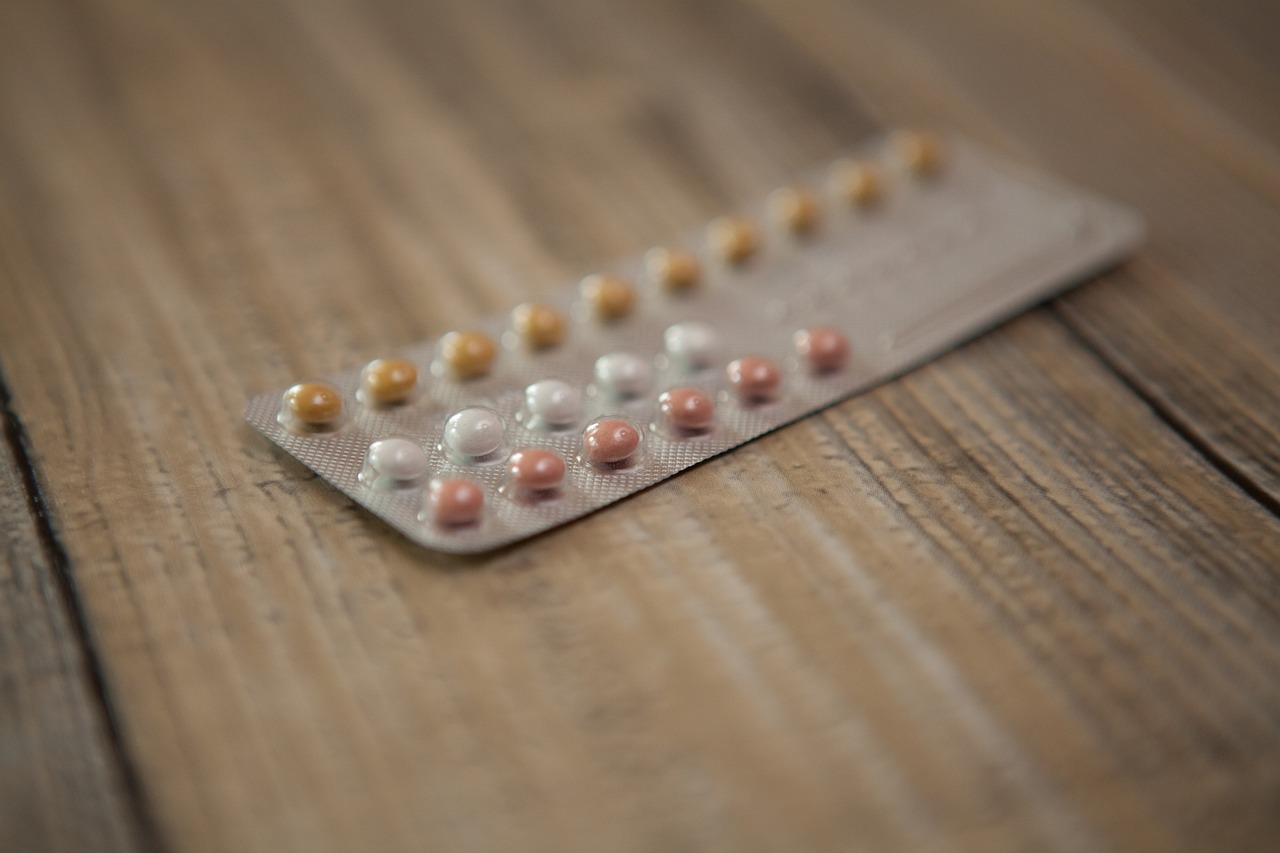“I felt glad and validated at first, as I knew I wasn’t making it up! But then I felt quite overwhelmed as I didn’t even know where to start and when I googled all I saw was terrible journeys for fertility and that it was incurable. I was 23 when I was diagnosed so all of that felt like I was having to consider and make big decisions that I wasn’t even ready to think about.”

Niamh Spence
These were the thoughts of Niamh Spence, 29, from Manchester when she was initially diagnosed by doctors with endometriosis, a condition that affects 1 in 10 of women.
Though common among women, many have no idea what endometriosis is and are often confused and overwhelmed when diagnosed.

Endometriosis causes tissue similar to the lining of the uterus to grow elsewhere in the body, causing debilitating pain, heavy periods and fertility problems.
Niamh said: “At my time of the month it’s like having your insides twisted constantly and your bones feel like they’re cracking against each other. It hugely affects your energy levels too so normal things like making dinner, getting in the shower and attending work become huge battles.”
Lisa Bradley, 43, from Holmfirth, first started experiencing symptoms when she was 23: “It’s so hard being a young woman saying that you have horrendous periods for people to actually understand what you mean by that. It is absolute agony, I think it’s more painful than childbirth.”
There is no cure for the condition, but it can be managed by surgery to remove patches of endometriosis and by taking painkillers, contraceptives and hormonal medicines.
However, it can take years to be diagnosed, with a report by the All Party Parliamentary Group (APPG) showing the average time for diagnosis in England is eight years.

Niamh said: “I never felt listened to until I had a female junior doctor who actually asked me why I was so upset over struggling to be heard and then looked into my ultrasound results. She pushed me to be examined by a dedicated gynaecologist which eventually led to my diagnosis. In the early days I even had one doctor give me a leaflet on back stretches as he thought I was just suffering from pulled muscles.”
Similarly, Lisa was initially misdiagnosed with Pelvic Inflammatory Disease after passing out from the pain and ending up in A&E.
Molly Williams, 21, from York said she first went to her GP after experiencing heavy and painful periods as a young teenager which could last up to three months.

Molly Williams
She was told she would grow out of it but when the symptoms continued she was put on the contraceptive pill.
Two years ago Molly returned to her GP with new symptoms of spotting and severe pain during sex.
She was eventually sent to a specialist who suspected the pain she was experiencing was a result of endometriosis.
He offered to do investigative surgery which Molly described as a “miracle because a lot of people I know don’t get that and don’t have anyone suggesting that until they suggest it themselves.”
The surgery found and removed patches of endometriosis which should have relieved Molly of most of her symptoms for up to two years.
However, Molly still experiences pain on a daily basis and has found it difficult to get referred back to a specialist since her first surgery.
On being diagnosed with endometriosis Molly said: “It was a relief. I felt like I wasn’t making it up because I actually thought a lot of it was just something I needed to put up with. As time’s gone on though I find it more frustrating because of the lack of treatment options there are and actually the lack of help there is. My symptoms have even been dismissed by an endometriosis specialist.”

Alongside the day-to-day pain people with endometriosis have to deal with, the condition can also cause fertility complications.
The APPG report found that 58% of diagnosed women would have liked fertility support and treatment but were not offered it, despite endometriosis doubling the risk of infertility.
Niamh said: “I’ve unfortunately suffered multiple miscarriages where endometriosis was believed to be the cause. I’m currently 30 weeks pregnant with my first child and even in pregnancy I’ve suffered endometriosis pain as my baby grows and puts pressure on scar tissue and endometriosis tissues.”
Molly, who is a trainee teacher, also said she had been forced by her diagnosis to think about her future as she has always wanted to be a relatively young mum: “At the age of 21 it’s not something I thought I’d be having to think about.”
After her diagnosis, Lisa went on to have two children naturally which is something she never expected to happen.
“I was really really lucky. I was told by both doctors that it was a one in a million chance that I would be able to have them so I’ve got my little miracle babies.”

Lisa Bradley with her sons
Unlike Niamh, Lisa found being pregnant reduced the symptoms of endometriosis, and though it has come back she said the pain is not as bad.
The many complications of having endometriosis can have a huge impact on the mental health of women with the condition.

Molly said one of the biggest challenges has been the knock to her self-esteem: “When you have doctors not taking you seriously repeatedly – that becomes very demoralising, you feel like you can’t be bothered and it’s not worth the hassle.”
All three women believe there needs to be more awareness around endometriosis to give women who are experiencing symptoms the information they need to get treatment.

Molly said endometriosis should be included in sex education at school and that normalising discussions around the condition could lead to further research.
“Being in that amount of pain shouldn’t be a taboo subject,” said Lisa, who added that more awareness of symptoms would lead to quicker diagnoses and a better chance of being able to have children.
For more information visit Endometriosis UK.



